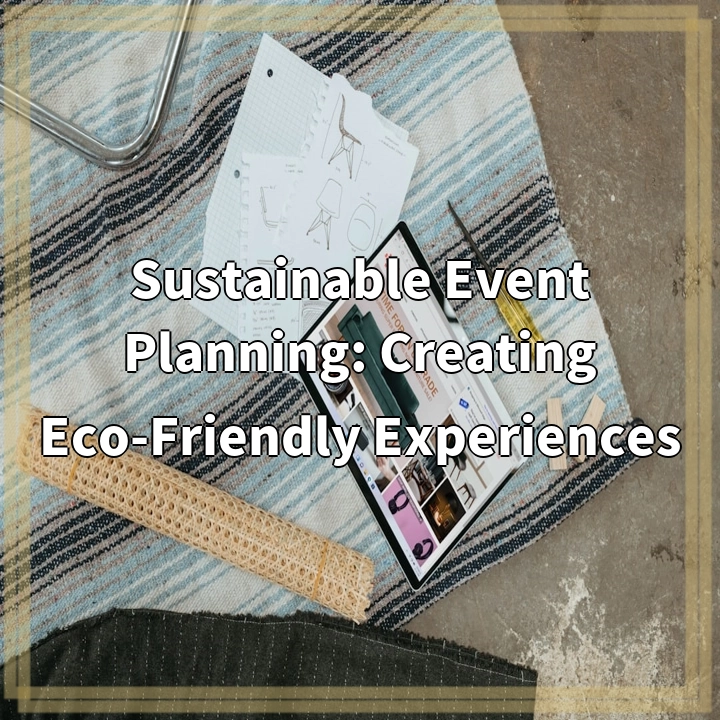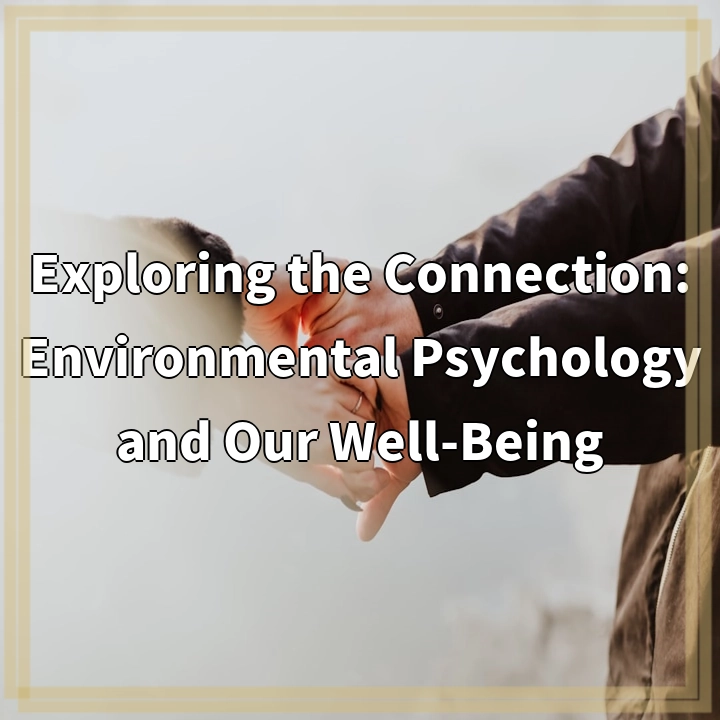
What is Sustainable Event Planning?
Sustainable event planning is a practice that aims to minimize the environmental impact of events, while still delivering a memorable and enjoyable experience. It involves adopting eco-friendly practices throughout the entire event lifecycle, from planning and organization to execution and post-event clean-up.
Real-World Problems Associated with Sustainable Event Planning
While sustainable event planning is gaining popularity, it still faces some challenges in implementation. Here are a few real-world problems associated with it:
1. Lack of Awareness and Understanding
One of the major hurdles in sustainable event planning is the lack of awareness and understanding among event organizers, vendors, and attendees. Many people are unaware of the environmental impact events can have and the sustainable alternatives available.
2. Resistance to Change
Resistance to change is another common problem that arises when implementing sustainable practices in event planning. Some organizers and stakeholders might be hesitant to adopt new methods, especially if they perceive it as time-consuming or expensive.
3. Sourcing Sustainable Suppliers
Finding and sourcing sustainable suppliers for various event components, such as catering, decorations, and transportation, can be a challenge. Limited availability of eco-friendly options or higher costs for sustainable alternatives can pose obstacles in achieving a fully sustainable event.
4. Waste Management
Waste management is a significant concern in event planning. Proper disposal of waste, recycling initiatives, and reducing single-use plastics can be a logistical challenge. Additionally, educating attendees about responsible waste management practices is important but can be a complex task.
5. Balancing Sustainability and Experience
A common dilemma in sustainable event planning is finding a balance between implementing eco-friendly practices and delivering a memorable experience for attendees. It is crucial to strike a balance between sustainability goals and providing enjoyable and engaging experiences without compromising on either aspect.
Despite these challenges, sustainable event planning provides immense opportunities for positive environmental impact and sets an example for the wider community. By addressing these real-world problems, we can work towards creating more eco-friendly experiences that inspire change and contribute to a sustainable future.

Solutions for Sustainable Event Planning
To address the real-world problems associated with sustainable event planning, several solutions can be implemented. These solutions aim to improve awareness, overcome resistance to change, source sustainable suppliers, manage waste effectively, and strike a balance between sustainability and experience. Some key solutions include:
1. Education and Awareness
Raising awareness about the environmental impact of events and the benefits of sustainable practices is crucial. Event organizers, vendors, and attendees should be educated about the importance of sustainability and offered resources and guidance on implementing eco-friendly strategies.
2. Incentivize Sustainable Practices
To encourage the adoption of sustainable event planning, incentives can be provided to organizers and vendors who demonstrate environmentally friendly practices. This could include recognition, awards, or discounted rates for sustainable suppliers.
3. Collaboration and Partnerships
Collaboration with like-minded organizations, such as sustainable suppliers, environmental nonprofits, and local authorities, can help overcome sourcing challenges. By working together, event planners can access a wider network of eco-friendly options and enhance the overall sustainability of their events.
4. Waste Management Strategies
Implementing effective waste management strategies is crucial. This includes providing clearly labeled recycling bins, promoting composting, and reducing single-use plastics by offering alternative options. Educating attendees on responsible waste disposal and engagement in recycling initiatives can also make a significant impact.
5. Innovation and Technology
Harnessing innovation and technology can play a vital role in sustainable event planning. For example, using digital platforms for ticketing and communication can reduce paper waste, while adopting energy-efficient lighting and sound systems can reduce energy consumption during events.
By implementing these solutions, event planners can successfully address the challenges associated with sustainable event planning. Each small step towards sustainability in event planning contributes to a larger movement for a greener future.















